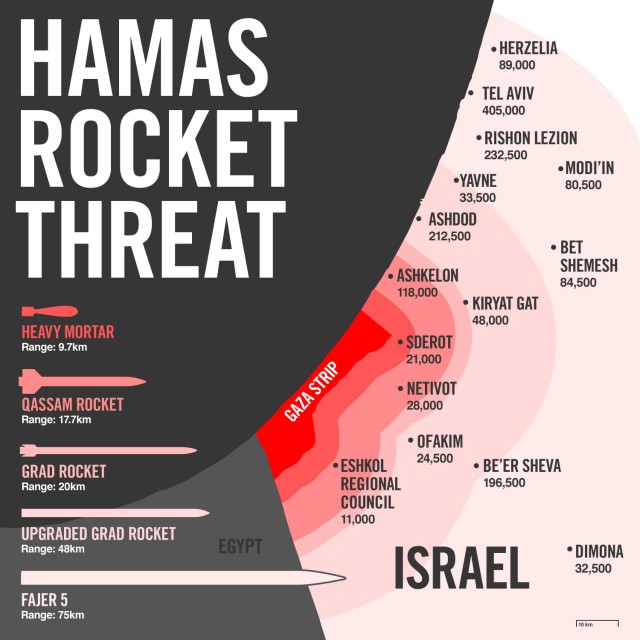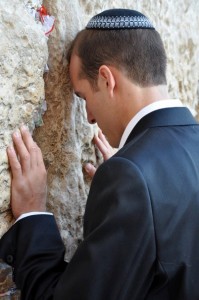 A Prayer for Israeli Soldiers
A Prayer for Israeli Soldiers
“No one brought me chocolates, flowers, or cake,” said our host. “Most likely none of you will send a thank you card, but I’d like you to show some appreciation for this meal.”
I looked around the table. We were an interesting group of mismatched people with one thing in common: none of us had a place to eat our Friday night dinner. We had all ended up in the same house where the food and singing were good. But what now?
“Well,” continued our host, “What I request from you is that each one around this table should take on one small mitzvah, nothing big. Don’t say you will start keeping kosher or Shabbat , or that you will put on tefillin every day. Because in three days time you’ll quit. Take something small, a little tiny mitzvah that you will start doing right way, nothing big or complicated. A mitzvah that is between you and G-d.”
While our host was explaining what a mitzvah was, I got lost in my thoughts. A few hours ago I was standing at the kotel. It was the second time in my life that I could pray there and experience the love, warmth, and joy that permeates the place on a Friday night. An hour-long service of singing and dancing fed me spiritually. I then turned to figuring out how to feed myself physically. I found my way to Jeff Seidel who stands at the kotel every Friday night. Jeff acts as a shadchan between people with nowhere to go, and individuals looking for a Shabbat guest. I was one of six guests that were teamed up with our current host. I came from a religious family and for me a Shabbat dinner was the norm, but for some of the guys in the group it was their first time.
Dessert was brought, conversation continued, and I was still lost in thought. I was having difficulty coming up with a small mitzvah. I was not the only one. At the far end of the table from where I sat, one of the guests was discussing mitzvah ideas with our host. I caught a few words about saying, ‘a chapter of tehillim every day for the Israeli soldiers.’
I did not personally know a single Israeli soldier, though the idea sounded right to me. It has now been almost ten years where a day has not gone by without me saying a chapter of tehillim for our brothers and sisters who risk their lives protecting us. I still don’t personally know any current Israeli soldier, only those who have been.
I don’t remember my host’s name and we would probably not recognize each other if we crossed paths. He may never know because I overheard his conversation at the other end of the table. I have now been saying tehillim for ten years.
This is the first time I’m telling this story in writing. I’ve shared it dozens of times at Friday night Chabad house meals around the world. I can’t say for sure, though I am confident, that of the thousands of Israeli travelers who have heard me tell the story, at least one has been inspired to say some tehillim.
Yom Hazikaron remembers the more than 22,000 soldiers killed in the line of duty and the nearly 4,000 civilian terror victims. Let’s remember them and what they have given their lives for. Let us also pray for living soldiers so that please G-d as time passes, there will be less of the dead to remember.
Read More










